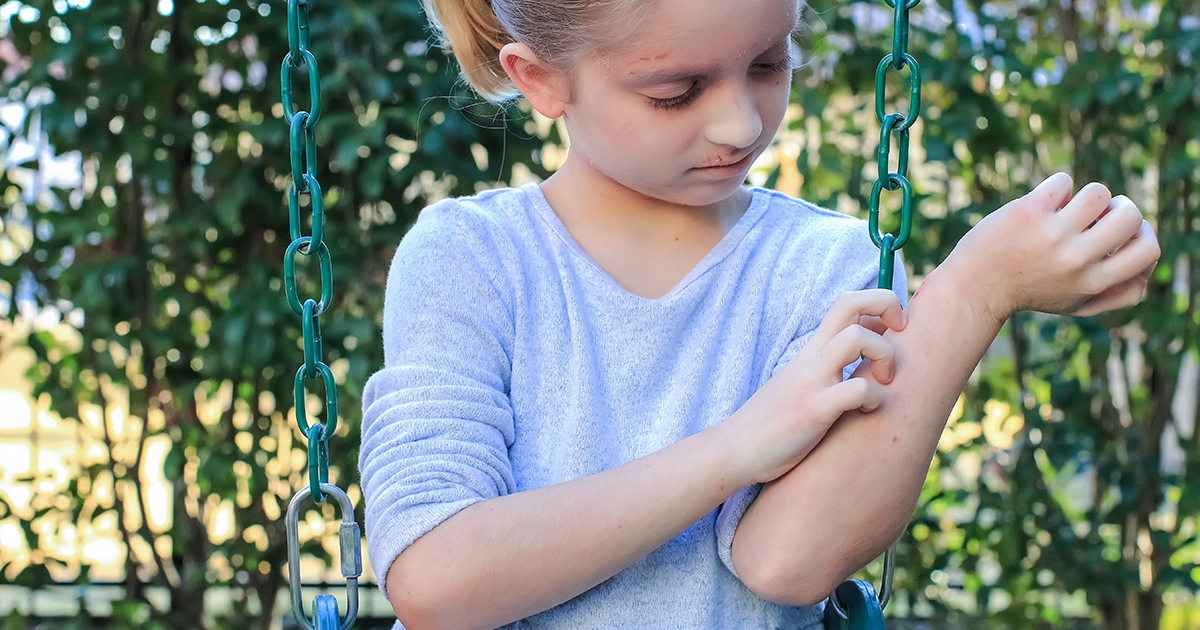
Q&A: Pediatrician shares what parents need to know about hives in kids
It’s not uncommon for children to break out in hives, which are characterized by a raised, flat pink rash called wheals or urticarial.
Michael Endris, MD, a pediatrician with OSF Medical Group – Pediatrics in Bloomington, recently sat down with us to discuss hives in children
Need a pediatrician for your child?
Q. What are hives?’
A. Hives are usually circular or oval raised red bumps, often with a pale center. They range from small (less than 1 cm) to quite large. They are intensely itchy, are often worse at night and somewhat transient. They may crop up over an hour or two and then disappear within 24 hours. Hives can appear alone, in a group, or over a large part of the body. Anyone can get hives. But children with allergies are at a greater risk.
Q. What causes hives in a child?
A. The most commonly identified trigger for hives in children is viral infections. Other triggers may include allergic reactions to food, medications, or insect stings and bites.
Q. What children are at risk for hives?
A. Patients with a history of allergies or anaphylaxis (severe and sometimes life-threatening reaction to an allergen) are at risk for getting hives. There is a risk of hives any time a new medication is started (even over-the-counter medications), an insect bite or sting is reported, or new foods are introduced.
Q. What are the symptoms of hives?
A. Hives may present as a severely itchy rash. However, a number of other conditions could be mistaken for hives.
Q. How long do viral hives last in children?
A. Hives caused by a viral infection are typically acute, and usually last from four to 24 hours. Due to the transient nature, it can be helpful to photograph the rash to show your doctor.
Q. When should someone be concerned about their child’s hives?
A. If hives are present in addition to other symptoms such as tongue or mouth swelling, breathing trouble, vomiting or abdominal pain, fainting or other complaints, it is important to see a doctor right away.
Q. How are hives treated in a child?
A. Hives are treated with antihistamine medications such as cetirizine or loratadine. The best treatment is for your child to stay away from known triggers. If the hives were caused by a medicine, your child should strictly stay away from that medicine.
Q. When should a parent seek immediate medical care?
A. Children can have life-threatening allergic reactions. If a child has trouble breathing or wheezing, suddenly develops a hoarse voice or cough, has trouble swallowing or begins drooling or slurring their speech suddenly, you should seek immediate medical attention.